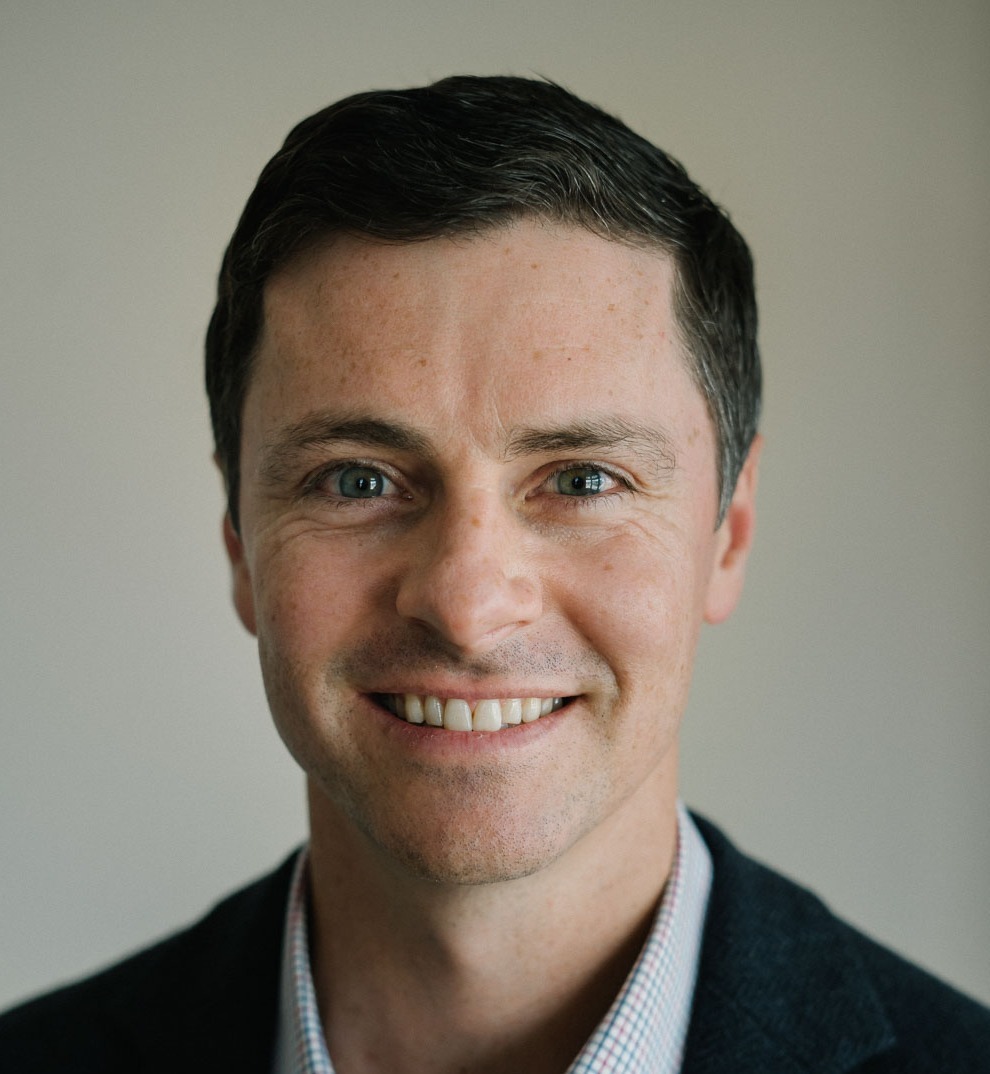
One thing that I like to help my clients with is creating a legacy that they’re proud of. Of course, this means something different to everyone I speak with. You are unique, and your values and goals are equally unique to you. The idea of leaving a legacy can be intimidating for some people. However, at its core, legacy planning is a simple three-step process:
- Uncovering your values.
- Evaluating your estate.
- Making decisions about your estate that line up with your values.
Let’s take a closer look.
Knowing Your Values
The first step in building a legacy is to know your values. This is going to require some deep digging on your part, and it can be helpful to have a financial advisor help you to walk through a discovery process. A few examples of what you value may be:
- Family
- A specific cause, or charitable organization
- A place (alma mater, favorite travel destination, where you grew up)
These are just three ideas to get you started - your list of values may be much longer than this! It helps to be as specific as possible when thinking about your values, and how you want to build your legacy around them.
Evaluating What You Have
Once you’ve determined your values, you need to evaluate what you have before you can begin the estate planning (and legacy building) process. This means looking at the following:
- Bank accounts
- Investment portfolio
- Real estate owned
- Business assets
- Health insurance
- Life insurance
- Any additional assets (think: care, antique jewelry, family heirlooms, etc.)
- Any outstanding debts you’re still repaying
Knowing what you own, and what it’s worth, will be hugely helpful as you start estate planning. People can get caught up in the idea that everything they own needs to be “given away” to a friend or family member who needs it. We’ve all heard the stories of how someone inherited their grandparents’ china, or their mother’s jewelry collection.
Instead of getting stuck evaluating what physical assets you have, and where you want them to go, think beyond the tangible things you own. Think of your possessions as playing a part in your wealth. How do you want your wealth to be used? Taking the time to think outside of the box and past the “stuff” you’re able to give away can open up a variety of paths to leaving a wonderful legacy.
Estate Planning
Estate planning is the process of deciding what’s going to happen to your estate after you pass away. Typically, this involves both financial decisions as well as decisions about how you’d like your family to handle medical emergencies, or what the proceedings are in the event that you pass away. There are a few legal documents that you’ll need to put together with the help of an attorney:
- Will or trust
- Power of Attorney
- Beneficiary Designations
- Healthcare Power of Attorney
- Guardianship Designations
Each of these pieces covers the basics for how you want your estate to be handled if you pass away. However, estate planning can also involve financial decisions that will continue to benefit your family, charities you donate to regularly, or put your accumulated wealth toward a cause you’re passionate about. There are several ways to do this, and an attorney can work together with your financial advisor to decide the best way to proceed.
Aligning Your Estate With Your Values
This is where we put all of the pieces of your financial puzzle together to create your legacy. We’ve gone through our “stuff” to determine if it positively impacts our wealth. We’ve decided on our values, and started thinking of ways we’d like our wealth to contribute to what we care about most. As you start to create your estate plan, know that it’s okay if you want your legacy to involve multiple different things. You can set up your will so that it takes care of the family you’re leaving behind while still contributing to other causes that matter most to you. Don’t be afraid to get creative! A few exciting ideas I’ve seen are:
- Setting up a scholarship fund at your alma mater.
- Opening a 529 plan in the name of your grandchildren or great grandchildren.
- Donating your clothes (or other household items) to a charity or local women’s shelter.
- Putting aside a portion of your estate to donate something specific to a charity, or religious organization, that’s near and dear to your heart. This could be a new trail near the local animal shelter for walking dogs, or it could be a renovated bible study room at your home church.
As a financial advisor, it’s my job to help you come up with creative, unique ways to use your estate in a way that creates a positive impact long after you’re gone - then put a strategy together to achieve those goals. If you want to learn more about how comprehensive financial planning can help you to leave the legacy you’ve always imagined, contact me today. I’d love to talk to you about your values, and how we can build a financial legacy that embraces them.
This material is intended for educational purposes only. You should always consult a financial, tax, or legal professional familiar with your unique circumstances before making any financial decisions. Nothing contained in the material constitutes a recommendation for purchase or sale of any security, investment advisory services or tax advice. The information and opinions expressed in the linked articles are from third parties, and while they are deemed reliable, we cannot guarantee their accuracy.
